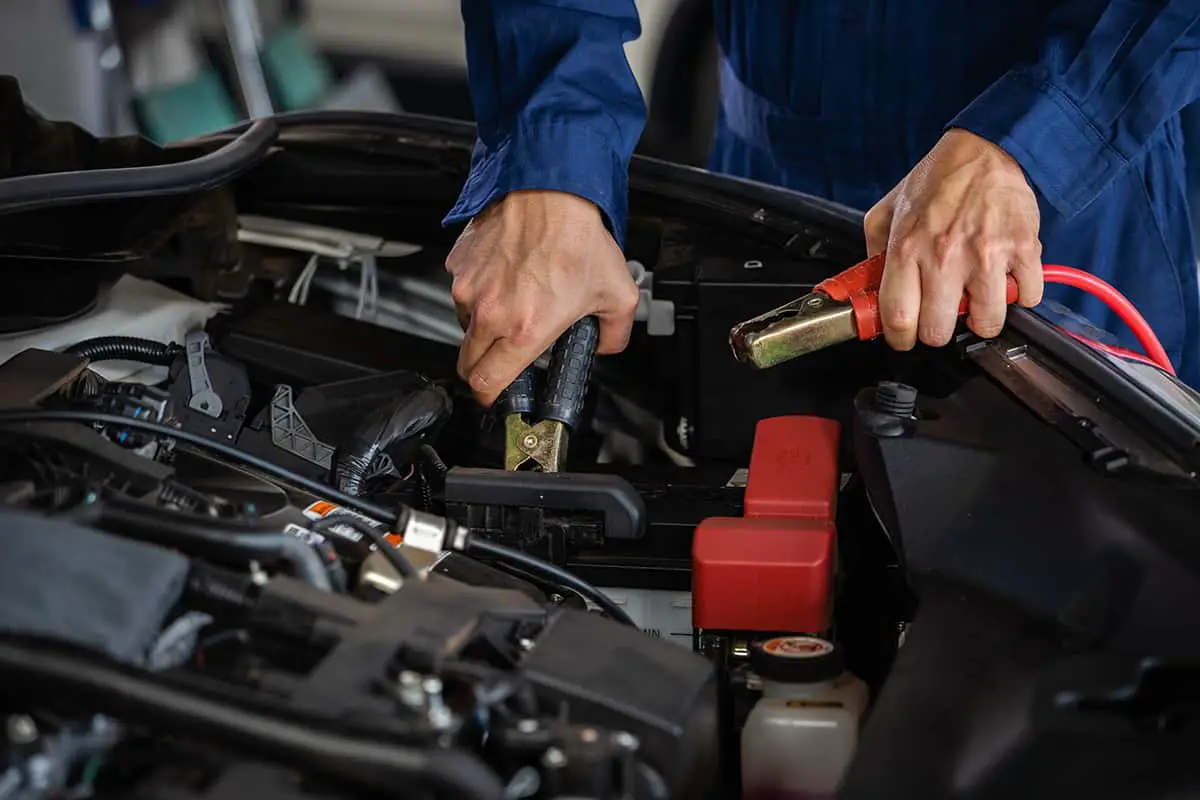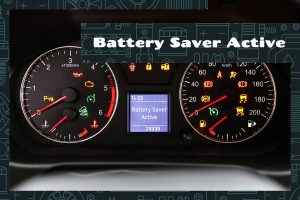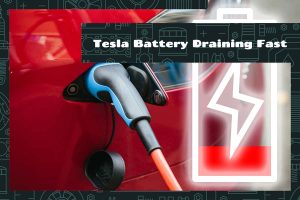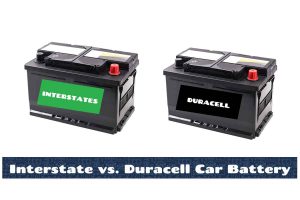Batteries play a crucial role in our daily lives, powering everything from cars to smartphones. It’s essential to understand how to charge them properly to ensure their longevity and optimal performance. One common type of battery is the 12V battery, often used in cars, boats, and recreational vehicles. Knowing how long it takes to charge a 12V battery at different amperage levels can help you maintain your battery and make the most of its capabilities.
Charging a 12V battery depends on its capacity (Ah) and the charging amperage. Divide the battery capacity by the charging amperage and add 20% for inefficiencies. For a 50Ah battery: 1A takes 60h, 2A takes 30h, 4A takes 15h, 6A takes 10h, 8A takes 7.5h, and 10A takes 6h. These are rough estimates and may vary.
In this comprehensive guide, we’ll cover battery basics, charging times at different amperage levels, and charging best practices.
Battery Basics
Understanding battery capacity and charging efficiency is crucial for estimating how long it takes to charge a 12V battery at different amperages.
Understanding Battery Capacity
Battery capacity is measured in amp-hours (Ah) and represents the amount of energy a battery can store. The higher the capacity, the more energy a battery can hold and the longer it takes to charge. Common 12V battery capacities include 35Ah, 50Ah, and 100Ah, but they can vary depending on the application and battery type.
Charging Efficiency
Charging efficiency refers to how effectively a battery converts incoming energy from a charger into stored energy. Not all of the energy from the charger is stored in the battery; some is lost as heat or other inefficiencies.
Factors that Affect Charging Times
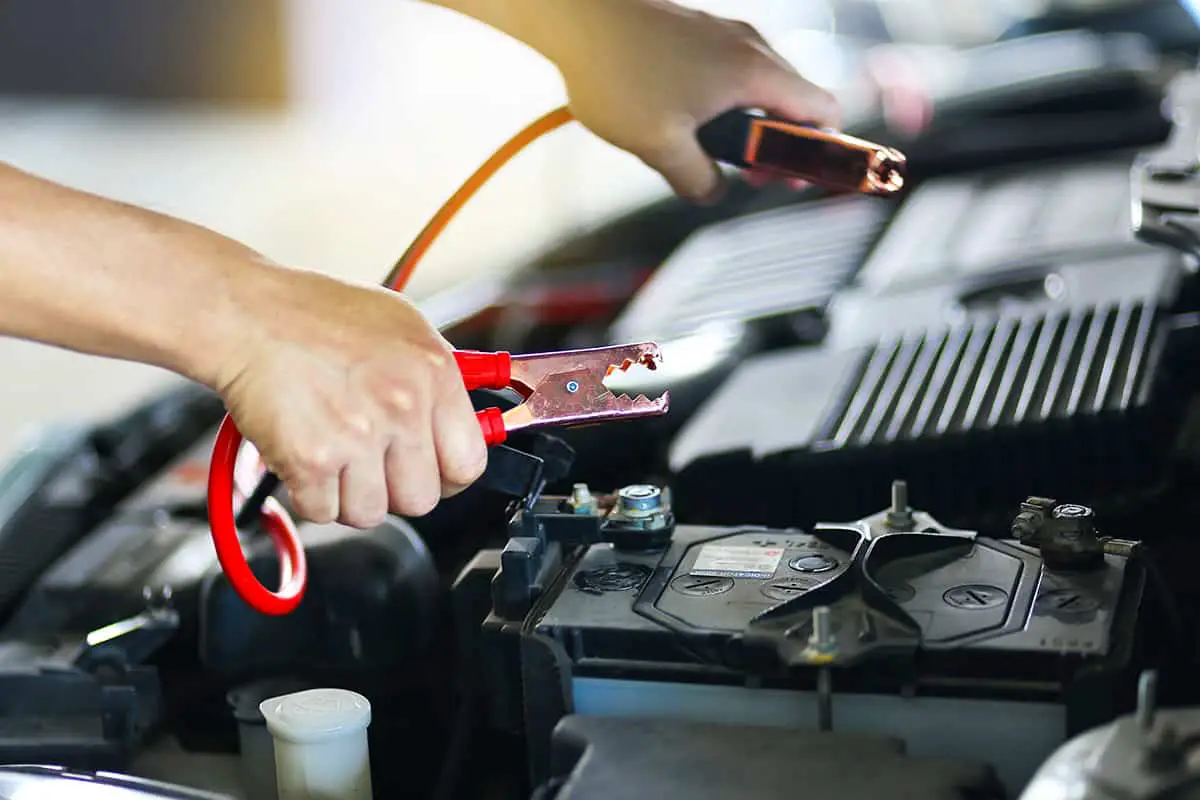
Several factors can influence how long it takes to charge a 12V battery. Understanding these factors can help you make informed decisions about charging methods and equipment.
1. Battery age and condition
As batteries age, their capacity may decrease, and their internal resistance may increase, leading to longer charging times. Regularly maintaining your battery and replacing it when necessary can help ensure optimal charging times.
2. Temperature
Temperature can significantly impact charging efficiency. Cold temperatures can cause batteries to charge more slowly, while high temperatures may lead to overheating. Charge your battery in a well-ventilated area with moderate temperatures for the best results.
3. Charger type and quality
The type and quality of the charger you use also affect charging times. Smart chargers and multi-stage chargers can optimize the charging process and reduce charging times. Using a high-quality charger that is compatible with your battery ensures efficient and safe charging.
Charging 12V Batteries at Different Amperage Levels
In this section, we’ll discuss how long it takes to charge a 12V battery at various amperage levels, considering factors like battery capacity and charging efficiency.
Charging at 1 Amp
Charging a 12V battery at 1 Amp takes the longest time compared to higher amperages. This slow charging rate is suitable for maintaining a battery’s charge or when there’s no rush to charge it fully. To estimate the charging time, divide the battery capacity (Ah) by the charging amperage and add 20% for inefficiencies. For example, a 50Ah battery would take approximately 60 hours to charge at 1 Amp.
Pros
- Gentle on the battery, prolonging its life
- Lower risk of overcharging
Cons
- Takes a long time to charge
- Not suitable for urgent situations
Charging at 2 Amps
At 2 Amps, the charging time is reduced compared to 1 Amp, making it more practical for everyday use. For a 50Ah battery, it would take around 30 hours to charge fully at this rate. Charging at 2 Amps is still gentle on the battery and provides a good balance between charging time and battery health.
Pros
- Faster than 1 Amp charging
- Gentle on the battery
Cons
- May still take a long time for larger batteries
- Not ideal for urgent charging needs
Charging at 4 Amps
Charging at 4 Amps is a faster option, suitable for situations when you need the battery charged more quickly. A 50Ah battery would take approximately 15 hours to charge at this rate. While faster, it’s essential to monitor the charging process to avoid potential damage to the battery.
Pros
- Faster charging time
- Suitable for moderate to large battery capacities
Cons
- Increased monitoring needed
- Higher risk of overcharging if not monitored
Charging at 6 Amps
At 6 Amps, charging times are further reduced, making it more convenient for users who need their batteries charged faster. A 50Ah battery would take around 10 hours to charge at this rate. However, increased charging speed comes with a higher risk of overcharging, requiring careful monitoring.
Pros
- Faster charging time
- Good for larger battery capacities
Cons
- Requires careful monitoring
- Increased risk of overcharging and battery damage
Charging at 8 Amps
Charging at 8 Amps is suitable for larger batteries or when fast charging is necessary. A 50Ah battery would take about 7.5 hours to charge at this rate. This faster charging speed requires more attention to avoid potential issues like overcharging or overheating.
Pros
- Faster charging for larger batteries
- Useful when rapid charging is needed
Cons
- Close monitoring necessary
- Higher risk of overcharging and overheating
Charging at 10 Amps
Charging at 10 Amps is the fastest option discussed here, and it’s best for situations when rapid charging is essential. A 50Ah battery would take approximately 6 hours to charge at this rate. This high charging speed demands careful monitoring to prevent battery damage from overcharging or overheating.
Pros
- Fastest charging time
- Ideal for urgent situations
Cons
- Requires vigilant monitoring
- Highest risk of overcharging and overheating
Charging Time Table
The table below provides estimated charging times for 12V batteries with capacities of 35Ah, 50Ah, and 100Ah at various amperages. These estimates include a 20% increase to account for charging inefficiencies. Keep in mind that these are rough estimates and actual charging times may vary depending on factors like battery age, temperature, and charger type.
| Charging Amperage | 35Ah Battery | 50Ah Battery | 100Ah Battery |
| 1 Amp | 42 hours | 60 hours | 120 hours |
| 2 Amps | 21 hours | 30 hours | 60 hours |
| 4 Amps | 10.5 hours | 15 hours | 30 hours |
| 6 Amps | 7 hours | 10 hours | 20 hours |
| 8 Amps | 5.25 hours | 7.5 hours | 15 hours |
| 10 Amps | 4.2 hours | 6 hours | 12 hours |
Charging Best Practices
To ensure the safety and longevity of your 12V battery, follow these best practices when charging.
Proper Charging Setup
Ventilation and Temperature
Charge your battery in a well-ventilated area with moderate temperatures. Proper ventilation prevents the buildup of dangerous gases, while a stable temperature ensures efficient charging.
Connecting the Charger Properly
Connect the charger’s positive (red) clamp to the battery’s positive terminal, and the negative (black) clamp to the negative terminal. Ensure clamps are securely connected to avoid sparks or poor charging.
Monitoring and Troubleshooting
Signs of Charging Problems
If you notice unusual sounds, smells, or battery swelling, disconnect the charger immediately. These signs may indicate a problem, such as overheating or overcharging.
What to Do If Charging Takes Too Long
If charging takes significantly longer than expected, check the battery’s age and condition, as well as the charger’s compatibility and quality. If needed, replace the battery or upgrade to a more suitable charger.
Battery Maintenance
Clean Battery Terminals
Dirty or corroded terminals can reduce charging efficiency. Clean them periodically with a wire brush and a mixture of baking soda and water.
Check Electrolyte Levels
For wet-cell batteries, maintain proper electrolyte levels by adding distilled water as needed.
